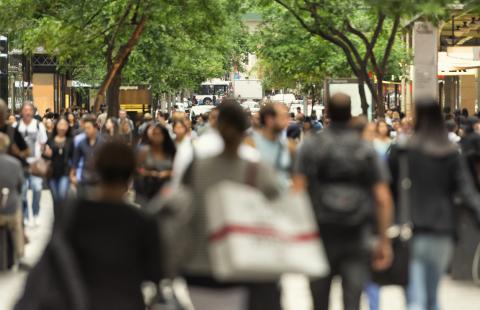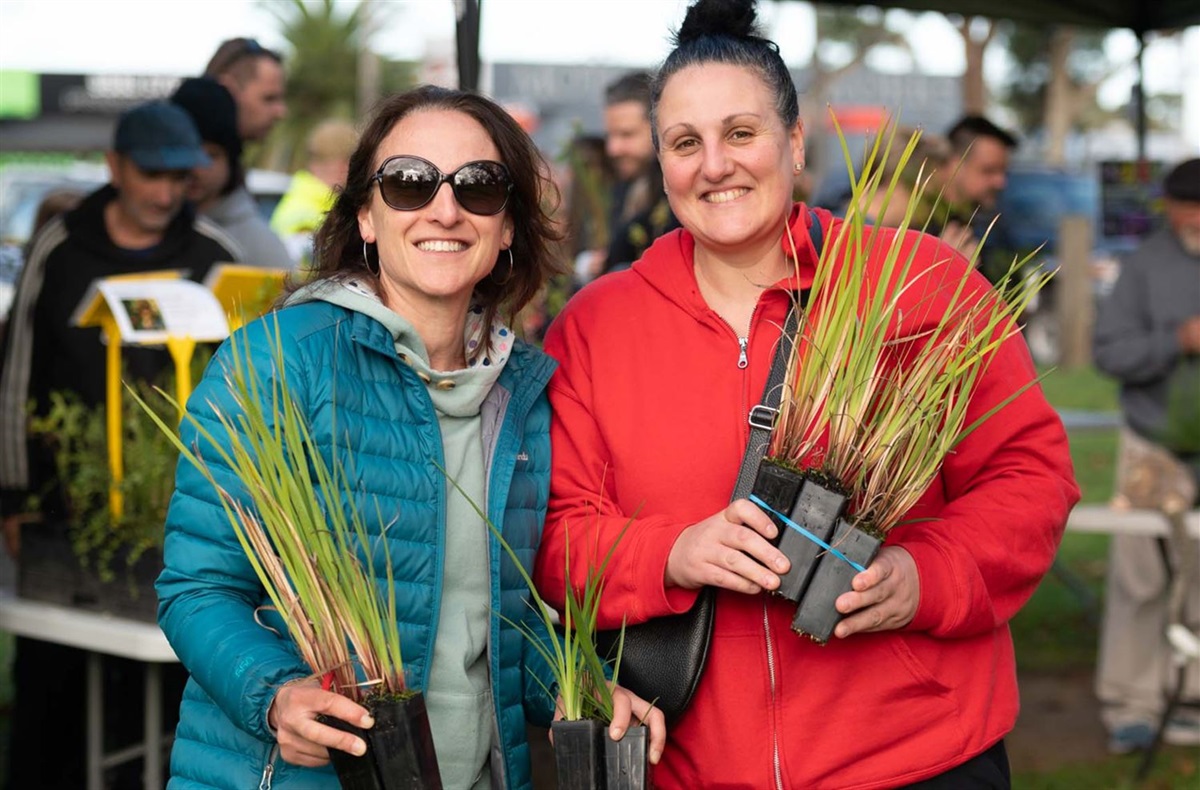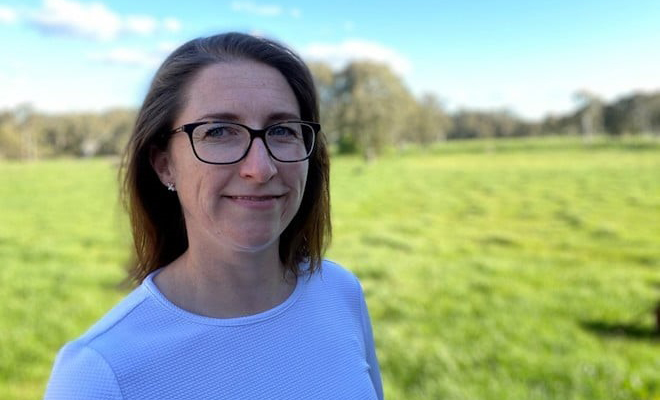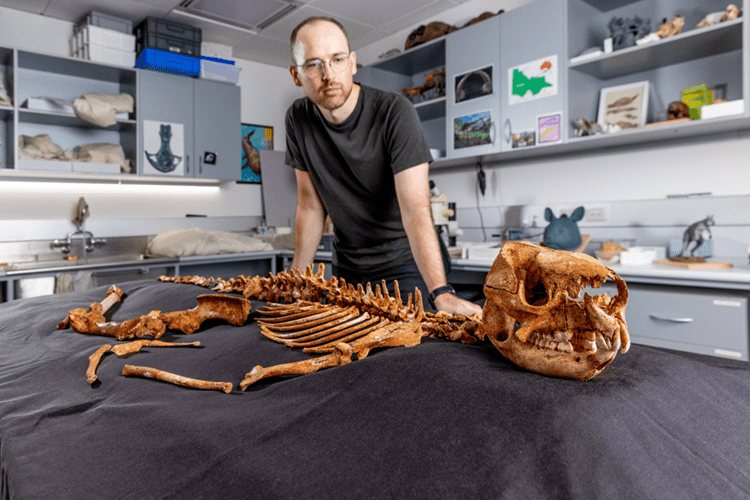Thanks very much. I thought I’d do a quick doorstop before, between meetings on what is proving to be a very successful Special Summit to commemorate the ASEAN Australia 50 years of partnership. This is an opportunity for us to engage with our near neighbours in Southeast Asia. And earlier this morning, we’ve had the most significant upgrade of Australia’s economic engagement with Southeast Asia for a generation. It arises from Nicholas Moore’s wonderful report and work, where he visited every ASEAN nation, he sat down and had more than 75 meetings across all of those nations, hundreds of submissions, all talking about how we could build the partnership and build the relationship to an even stronger level. This comes currently, trade is worth some $178 billion, two-way investment is $307 billion going forward. ASEAN nations represent Australia’s second largest two-way trading partner, and they of course will grow to the fourth largest economy by 2040. Today, we’ve announced a number of further additions coming on top of the announcements that we made in Jakarta when we released the report. So we now have in place, an infrastructure financing facility work worth two billion dollars; partnerships for infrastructure programs; Landing Pads in place; deal teams in place in the region; we have 10 Business Champions who will be allocated to each of the ASEAN nations as well as to Timor-Leste; and we have an improvement in business visas, so people will be able to get five and ten year visas. This all builds on the work that we’re doing on a bilateral visit basis, but bringing together the ASEAN nations here in Melbourne, is making a significant difference and at the luncheon that is still taking place, what you have is leading business people, as well as CEOs from major Australian companies, all sitting down talking about how we can benefit from the increased trade and economic engagement. Happy to take a couple of questions.
JOURNALIST: Prime Minister, just on the business investment push into Southeast Asia – one of the hurdles in the past, especially in some of the lesser development economies, has been sovereign risk, corruption, bribery, these sorts of things. A lot of businesses have tried to go into some of these countries and not stayed. One of Mr Moore’s signature recommendations was political risk insurance, a form of underwriting. Is that something the Government would ever seriously contemplate, or do you think it’s surmountable by other means?
PRIME MINISTER: We think that businesses are in a position to make assessments going forward. If you look at Mr Moore’s report, one of the things that he did was not try to do one size fits all. But there’s an analysis of each of the ASEAN nations, and what are the comparative advantages that a relationship can build. So, in some countries, that’s about encouraging investment from those nations here in Australia. In other nations, it is opportunities in particular sectors. In the meetings I’ve already had, for example, with the Thai Prime Minister, we emphasised green energy investment. With Singapore, we’re talking about green energy, but also talking about high tech engagement, the digital economy – it will not be one size fits all. And so, we’ll examine, and companies will make decisions of course, based upon what they see as their advantage. These are commercial relations. But the idea of the deal teams as well that Mr Moore recommended that are in place across – or will be soon in place – including in Manila, Jakarta, Singapore, is that you’ll have experts, including experts at the legal system, that will examine and make recommendations about issues like sovereign risk.
JOURNALIST: Mr. Dutton is committing today to a policy in the next election campaign to develop a nuclear industry, which will be apparently siting reactors where coal fired power stations are now located. What is your response to that?
PRIME MINISTER: I look forward to him announcing the locations for nuclear reactors in Australia and for there to be an appropriate debate about that – whether that occurs or not. I look forward as well to him arguing where the financing will come for such reactors, or whether they will be – taxpayers – will be expected to pay for this. Because we know that the cheapest form of new energy in Australia is renewables. We know that nuclear is not only the most expensive form of new energy, it’s also more than a decade off. I noticed in today’s reports that he seems to have backed away a little bit from talking about a technology that does not exist, in small modular reactors that he’s been speaking about. He is now speaking about large nuclear reactors. They need to be near populations, they need to be near water. We know that that’s the case, and every 10 years, there are these proposals – we’ve seen the Switkowski Report come and go. What never comes is any investment because it simply doesn’t stack up commercially.
JOURNALIST: Prime Minister, Paul Keating has put out a statement today, he says that Mike Burgess and others in the national security community have shown utter contempt for the stabilisation project of your Government in relation to China – is the Government sending mixed messages to China?
PRIME MINISTER: No.
JOURNALIST: Prime Minister, just briefly on the South China Sea – the Foreign Minister said yesterday that the region needs new mechanisms to deal with some of the stresses, strains and tensions we’ve seen there. Given ASEAN nations have very starkly different opinions about how best to deal with this problem, is there any chance that they can summon a collective response at this forum or more generally, and what sort of mechanism would Australia like ASEAN nations to contemplate?
PRIME MINISTER: Well ASEAN nations have a lot in common when it comes to these approaches. ASEAN nations all want a peaceful, secure region, because they understand that that’s the key to prosperity. ASEAN nations are all engaged with each other, they’re engaged with Australia here and working constructively. When it comes to our relationship with China, I repeat what I’ve said which is – we’ll cooperate where we can, disagree where we must, but we will engage in our national interest.
JOURNALIST: Prime Minister, last week you enjoyed listening to Taylor Swift in concert – there’s been a controversy here at ASEAN, with allegations Singapore paid for her appearance just this weekend, potentially in contravention of WTO regulations as well. What’s your response to this, given so many of your fellow leaders here today did not get a stop in their countries?
PRIME MINISTER: Well, Taylor Swift was welcome here in Australia. That is, that is my focus. Where she plays is a matter for her and a matter for other nations.
JOURNALIST: On your $2 billion investment fund you announced today – for an everyday Australian watching at home, what does that actually mean, and do you think you can actually fulfil this potential of boosting investment into the region?
PRIME MINISTER: What it means is new investment, what it means is jobs here in Australia. The reason why we engage internationally in trade, is because it is in our national interests. One in four of Australia’s jobs are trade dependent. When we look at the region where we live – for years, and for decades indeed, we used to speak about the tyranny of distance that Australia had from the large markets of the world, which was seen to be Europe, and the United States of America. Now we can speak about the proximity of opportunity, located where we are, right in the middle of the fastest growing region of the world in human history. That presents an incredible opportunity for Australia. I think it is very significant that – with the exception of Myanmar, of course, for reasons of them not being invited – every single leader of ASEAN nations, as well as the leaders of Timor-Leste and New Zealand indeed, are here. That says a lot about the opportunity which is there, but also the way that Australia is perceived. Thanks a lot.








